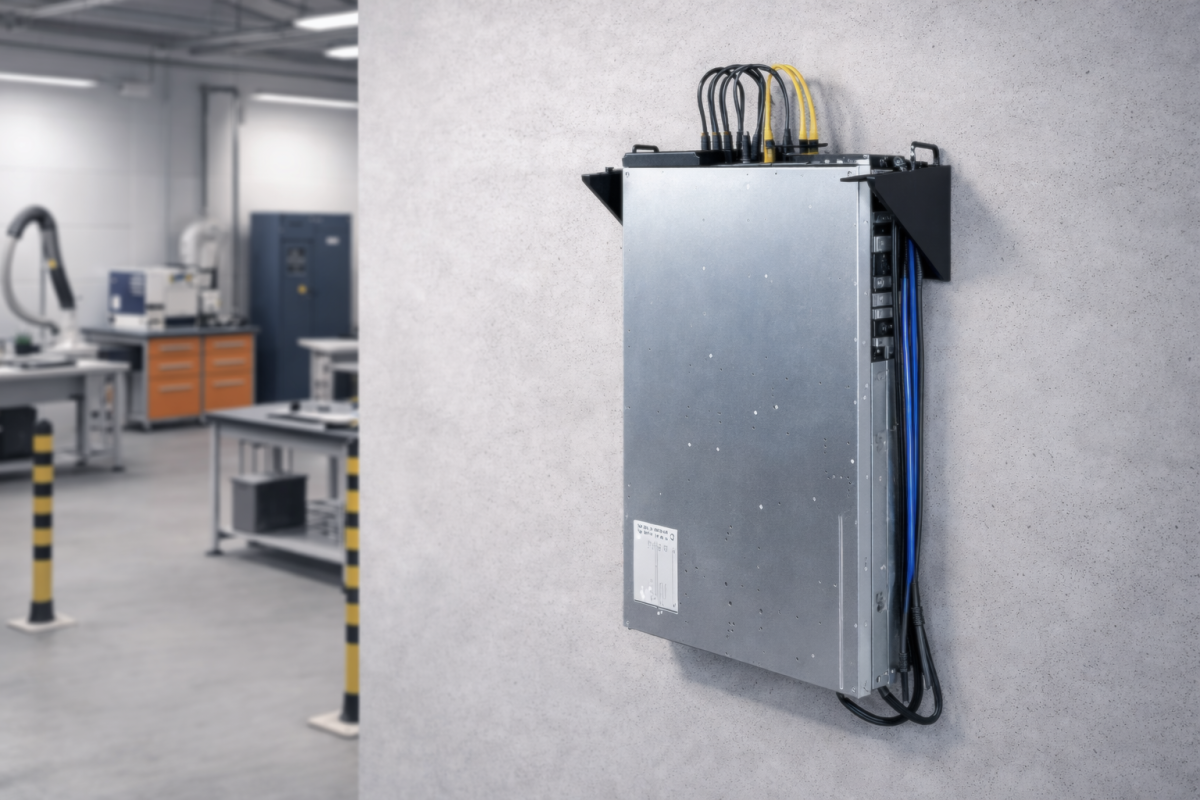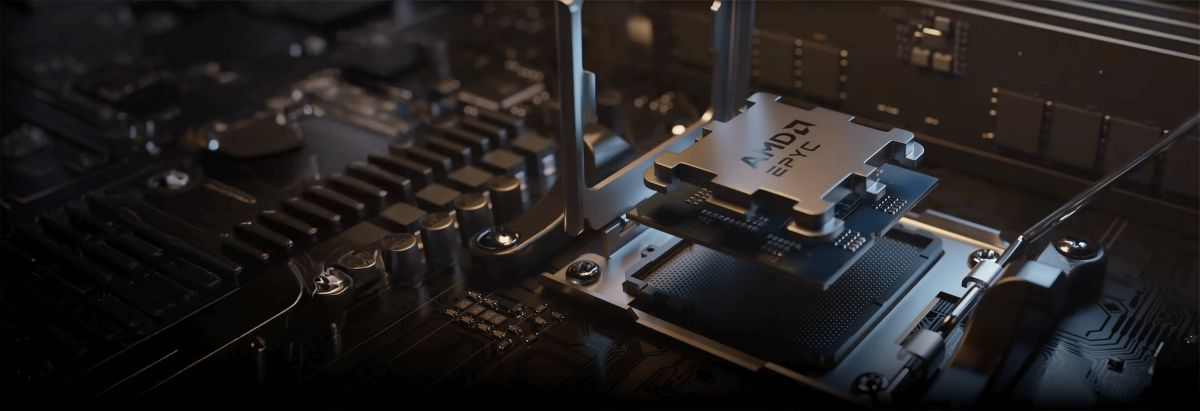Server crashes are, unfortunately, a common issue. Not just for system administrators but also for all users who rely on its hardware for their work. The results can include halted business operations, loss of clients, inability to meet their needs, and financial losses. Only by understanding the issue can you fix it and get the equipment running again. So why do servers crash? Can it be prevented? Let's explore these questions in detail. Gremlin reports that system outages can cost businesses millions of dollars for every hour they are down.
- Why Does a Server Crash?
- Signs of Server Crashes
- Common Causes of Server Crashes: Handling and Facility
- Technical Malfunctions
- Network-Related Failures
- Human Error
- How to Prevent Server Crashes
Why Does a Server Crash?
Before diving into the most common causes of hardware failure, it's essential to understand what a "server crash" means. This term refers to a failure or complete shutdown of hardware. The server will remain down until the root cause is found and errors are corrected.
There are many reasons why system hardware may stop working, which can be grouped into three categories: handling and facility issues, technical malfunctions, and human error.
Signs of Server Crashes
Unresponsiveness
The server becomes slow
or completely inaccessible.
Error Messages
Users face issues accessing
services due to errors.
System Freezes
The operating system or services
become unresponsive.
Abrupt Shutdowns
Services suddenly stop,
leading to interruptions.
Common Causes of Server Crashes: Handling and Facility
In practice, the most frequent causes of server crashes are directly linked to cost-cutting and negligent behavior by system administrators. Common issues include:
Physical equipment falls: This can happen when the server rack is installed on an uneven floor without proper support.
Power supply issues due to unexpected outages: Servers are expensive, which leads to cutting expenses, particularly on power supplies. Sudden power surges from outages can burn out the power supply unit.
Using regular PCs as servers: Data centers should be equipped with high-performance, reliable hardware. Regular PCs are unsuitable for this purpose but are often used to cut costs.
Overheating: Servers require a controlled environment with temperatures between 18-22°C. Exceeding this range can lead to failures in memory, processors, or disks. A cooling system is essential.
Lack of Automatic Transfer Switch (ATS): This device connects the server to both a primary and backup power source. Without it, the entire network could go down during a power failure.
Technical Malfunctions
Even the most reliable hardware can fail due to component wear, mechanical damage, or outdated technology. Frequent issues include:
HDD failures: Servers require special hard drives that are more robust than those in personal computers. Even though server drives are more expensive, they have a limited lifespan (about 4 years in RAID setups).
Exceeding power capacity: If your ATS is already loaded at 75%, it can handle minor power surges, but higher loads could cause it to burn out.
Worn-out wires: Using cheap cables can lead to overheating and failure, especially during power surges. Identifying and replacing burnt cables among hundreds is time-consuming.
Old batteries in Uninterruptible Power Supplies (UPS): Over time, batteries lose their capacity. A worn-out battery may not provide enough backup power, leading to sudden server shutdowns and potential damage to critical components.
Network-Related Failures
Issues that arise from the server’s connection to other systems.
Network Congestion: Excessive traffic can overwhelm the server, causing it to become unresponsive.
DNS Failures: Domain Name System problems can prevent the server from being accessed or connected to the internet.
Latency or Packet Loss: Delays or loss of data packets during transmission can cause disruptions.
DDoS Attacks: Distributed Denial-of-Service attacks can flood the server with traffic, rendering it unusable.
Human Error
Server crashes often result from human error, such as:
Incorrect hardware connections: Examples include plugging both ATS cables into the same power supply or overloading racks with too many devices.
Negligence: Installing unlicensed software, running multiple heavy services on one machine, or allowing unauthorized personnel into the data center can all lead to server crashes.
Misconfigurations: Incorrect server settings or software configurations can lead to crashes or security vulnerabilities.
Accidental Deletions: Deleting critical files or data can cause system instability or failure.
Unplanned Updates or Patches: Applying an update without proper testing can lead to incompatibility issues or downtime.
One way to minimize the risk of human error is by regularly backing up data. This ensures most information can be restored in case of a failure. System administrators should not only create backups but also regularly test them.
How to Prevent Server Crashes
- Make sure to choose reliable equipment that suits your business needs.
- Use colocation services from a reliable provider instead of hosting your server in your office. This can significantly reduce the risks.
- In case you have free funds, consider chaos engineering: the practice of deliberately creating failure scenarios in business services to improve their reliability and prevent reputational and financial losses.
Need help choosing robust and reliable hardware? Talk to our experts!




